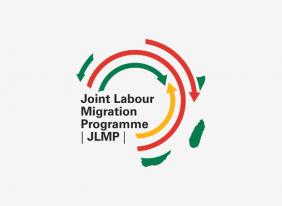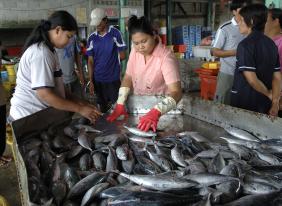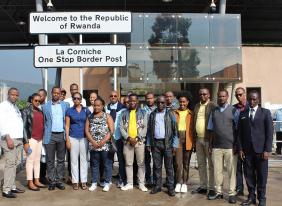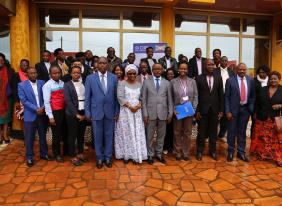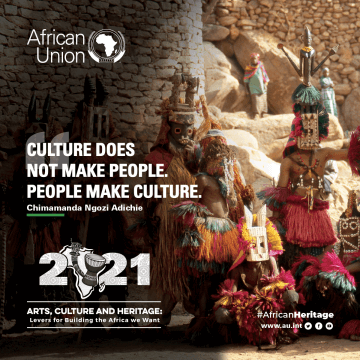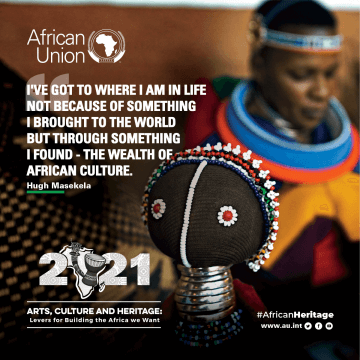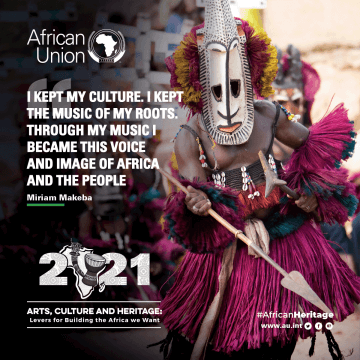Experts Meet to Validate Report on Labour Migration Governance Structures in African Member States and Regional Economic Communities
Addis Ababa- Representatives from African Union (AU) Member States, Regional Economic Communities (RECs), AU Labour Migration Advisory Committee (LMAC), civil society organizations, research and academic institutions gathered virtually on Monday to validate the study, “Labour Migration Governance: Gaps and Challenges in Economic Community of West African Countries (ECOWAS), East African Community (EAC) and Southern African Development Community (SADC) in Selected Member States: A Baseline Assessment”.Under the auspices of the AU-ILO-IOM-ECA Joint Programme on Labour Migration Governance for Development and Integration (better known as the Joint Labour Migration Programme, or JLMP), a long-term joint undertaking among the four organizations in coordination with other relevant partners operating in Africa, IOM commissioned the baseline assessment with the objective of strengthening the capacity of ECOWAS, SADC, and EAC in managing labour migration within their regions.The baseline assessment ascertains the status of labour migration management in these selected RECs and Member States (MS), including the state of social dialogue, and the capacity of labour market institutions to govern labour migration.During his opening remarks JLMP Programme Coordinator at the African Union Commission, Oumar Diop, said the meeting was aimed at validating the baseline assessment to identify existing labour migration needs and priorities of selected RECs and Member States.He added, “The study covers EAC, ECOWAS, SADC and the following Member States: Botswana, Lesotho, South Africa, Zimbabwe, Burundi, Uganda, Tanzania, South Sudan, Mali, Senegal, Nigeria and Cote d’Ivoire, gives a broad overview of the state-of-affairs in the pilot RECs and Member States and will help to shape future programming and intervention on labour migration.”The study highlights gaps in human resource, technology and funding mechanisms in the selected RECs. It says how labour migration is regulated and governed in the region should be clearly defined and documented.It also advises developing procedures to involve key social partners in labour governance. Moreover, it highlights that Member States must consider gender responsive policies as they harmonise their labour migration policies and laws, and to respond to regional labour migration needs. The assessment also recommends MSs to expedite the signing and ratification of relevant International Labour Organization (ILO) standards and instruments related to ethical recruitment and protection of migrant workers (e.g., C097, C102, C157, C197). Additionally, capacity building of social partners in all MSs should be on-going so as to improve awareness of labour migration policies and to protect labour migrants.Hicham Achabi, a delegate from Morocco, said, “The Report is very enriching from both a theoretical and practical perspective, and as Member States we must implement the recommendations, for example, establishing memoranda of understating (MOUs) that allow us to improve the work and social life of our citizens living in other countries. Such instruments enable us to have a three-hundred-and-sixty-degree view of issues, allowing our competent citizens to compete in the international labour market.”He cited agreements with Senegal, Algeria and Tunisia as key labour MOUs that his government needed to update.It was also noted during the meeting that developing robust national and regional level labour data information systems was crucial for policy development and implementation.About JLMPThe JLMP seeks to improve labour migration governance in order to achieve safe, orderly and regular migration in Africa, as committed in relevant frameworks of the AU and RECs, international labour conventions and other processes. The programme, launched in 2015, works with AU Member States, RECs, social partner organizations, migrants and diaspora associations to address identified challenges to effective labour migration management in many countries. These include labour and skills shortages, dearth of statistics, weak ratification and domestication of labour standards and free circulation frameworks and addressing the challenge of jobless growth and widespread youth unemployment. ...



